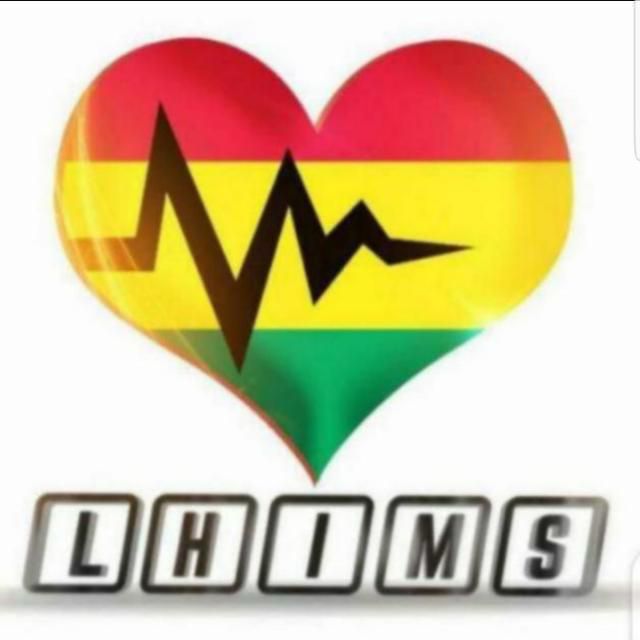Lightwave E-Healthcare Solutions Limited has strongly refuted what it calls “false and misleading” claims by the Minister of Health, Kwabena Mintah Akandoh, regarding the management of Ghana’s National E-Healthcare Programme and the Lightwave Health Information Management System (LHIMS).
In a statement issued in Accra, the fully Ghanaian-owned technology company said the Minister’s recent comments—made in Parliament on October 28 and later at the Presidential Accountability Series on October 29—suggesting that Ghana’s medical data was controlled from India, were not only inaccurate but also damaging to public confidence in Ghana’s digital health progress.
Data Stored in Ghana, Not India
Lightwave clarified that all healthcare data generated through LHIMS is stored on the Ministry of Health’s own servers at its headquarters in Accra.
According to the company, its role is limited to providing licensed software, while the government maintains full ownership and control of all medical records.
“The healthcare data of Ghanaians is the property of the Government of Ghana and is stored within the Ministry of Health’s servers in Accra,” the statement said, describing the Minister’s remarks as “false and unfortunate.”
The company said it felt compelled to respond publicly to prevent misinformation from undermining trust in a system that has been developed and deployed since 2016.
Project History and Contract Structure
Lightwave outlined the project’s history, noting that Phase One of the LHIMS rollout began in 2016 under then-President John Dramani Mahama at a cost of US$6 million, connecting 23 health facilities in the Central Region.
Following its success, the Ministry of Health signed a second contract in March 2019 valued at US$100 million to scale up the system to 950 facilities nationwide.
The company explained that costs were distributed according to the complexity of each type of health facility. Teaching and regional hospitals required significantly larger investments, while basic health centres needed fewer resources.
For example, the four teaching hospitals alone accounted for 21 percent of the contract cost, whereas all 646 health centres together represented only 17 percent.
By December 2024, Lightwave had completed installations in all four teaching hospitals, six regional hospitals, and 243 district and other hospitals—representing 72 percent of the contract value. This, the company said, justified the US$77 million (77 percent) already disbursed by the Ministry.
Delays Attributed to Late Payments and COVID-19 Disruptions
Lightwave noted that persistent delays in payment and administrative challenges were major causes of project setbacks. Although payments were supposed to be made within 36 days of invoice submission, the company said it often waited between five and twenty months, placing significant financial strain on operations.
It added that COVID-19 disruptions slowed down training, limited facility space, and created global supply chain delays, which were later compounded by Ghana’s temporary port closures.
Lightwave disclosed that although the GHS provided a prioritized facility list in 2023, a 12-month extension to the contract was delayed for almost six months because the revised rollout plan was not released on time.
Financial and Equipment Claims Addressed
The company said that despite these challenges, it continued to provide support services beyond the contract’s expiration on December 31, 2024—without renewal and without payment for services rendered throughout 2025.
Lightwave also dismissed allegations of supplying substandard or insufficient hardware. It maintained that all equipment met or exceeded contractual standards and that any substitutions were approved under the contract’s “substantial equivalence” clause.
The company added that no facility or Ministry unit had ever reported equipment quality issues.
Responding to claims of laptop shortages, Lightwave clarified that the contract required 9,544 laptops—not the 13,172 suggested—and that 7,060 laptops had already been delivered. The remaining units were designated for facilities yet to be rolled out.
Lightwave further pointed to a meeting held in September 2025, where the Minister reportedly instructed the company to submit invoices for eight months of outstanding arrears—contradicting his public statement that no payments were owed.
Legal Steps and Call for Objective Review
Through its solicitors, Messrs Lord & Lords Legal Practice, Lightwave has requested arbitration and copies of all investigation reports concerning the LHIMS project.
The company said these steps are crucial to safeguarding patient data and ensuring continuity of e-health services nationwide.
Reaffirming its commitment to Ghana’s digital health agenda, Lightwave called for an impartial, evidence-based review of the National E-Healthcare Programme—one free from political rhetoric and misrepresentation of facts.



